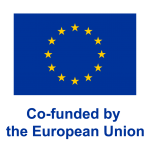The Belt of Vytautas
Digital Transformation for Cultural Heritage Capacity Building in Lithuania, Poland and Ukraine.
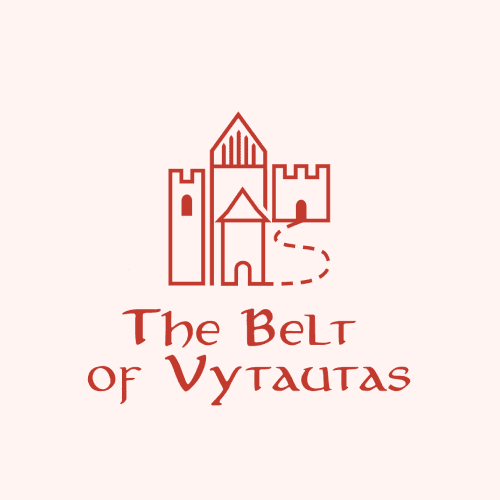
Digital Transformation for Cultural Heritage Capacity Building in Lithuania, Poland and Ukraine.
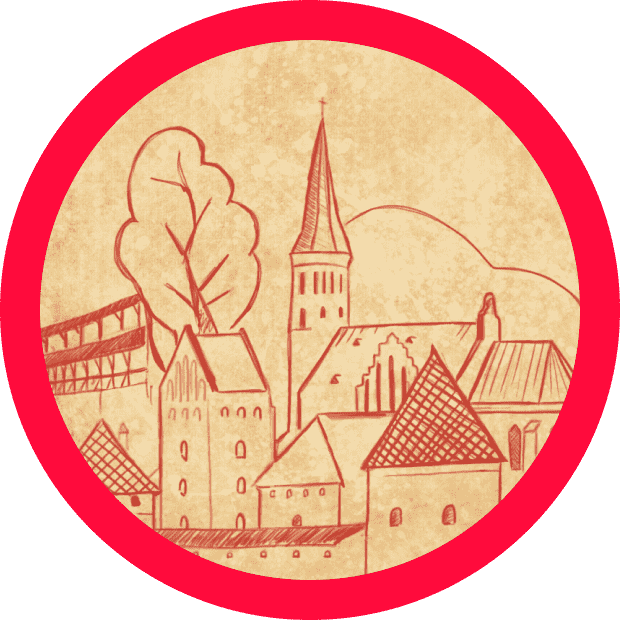
Social Networks of the Project
Digital Transformation for Cultural Heritage Capacity Building in Lithuania, Poland and Ukraine
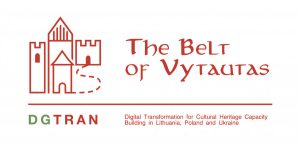 Within the project, supported by the Creative Europe programme, digitisation of cultural heritage material, such as sites and buildings connected with the historical figure of Vytautas the Great will be performed using innovative 3D and Augmented Reality technologies. All the selected objects are located in three different countries – Ukraine, Poland and Lithuania, but are united by common historical background and cultural practices.
Within the project, supported by the Creative Europe programme, digitisation of cultural heritage material, such as sites and buildings connected with the historical figure of Vytautas the Great will be performed using innovative 3D and Augmented Reality technologies. All the selected objects are located in three different countries – Ukraine, Poland and Lithuania, but are united by common historical background and cultural practices.
The fact that Vytautas the Great is honored and respected in the cultures of Lithuania, Ukraine and Poland demonstrates his unique, proto-EU approach to governing the states and reveals an interesting historical and cultural example of cooperation, tolerance and mutual support among diverse European cultures.
Our transnational team consists of different Ukrainian, Polish, Greek and Lithuanian grass-route organizations that want to foster digital transformation of the cultural Heritage Sector, accelerate our own digital transition and enhance our competitiveness. Using new digital technologies and in close cooperation with each other, we will create digital models of the historical buildings (connected with the figure of Vytautas the Great); develop a website, that will allow free access to the digitalised objects with their popular description; and an interactive map that will connect the selected historical-cultural sites into a transnational tourist route “The Belt of Vytautas”.
The mobile app will be developed to allow users to experience augmented reality and “travel in time”. The webpage and the mobile app will support the promotion and the distribution of European content across Europe and beyond; help attract more tourists to the countries; introduce and develop the idea of remote digital tourism as a response to the COVID-19 crisis and war in Ukraine; and foster cross-border cooperation and inter-cultural dialogue.
Funded by the European Union. Views and opinions expressed are however those of the author(s) only and do not necessarily reflect those of the European Union. Neither the European Union nor the granting authority can be held responsible for them.
